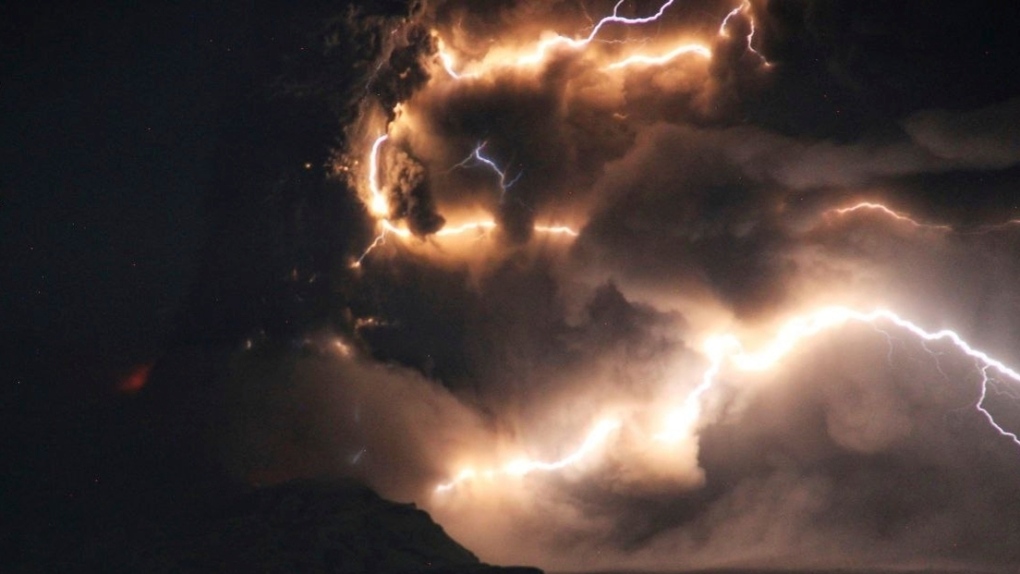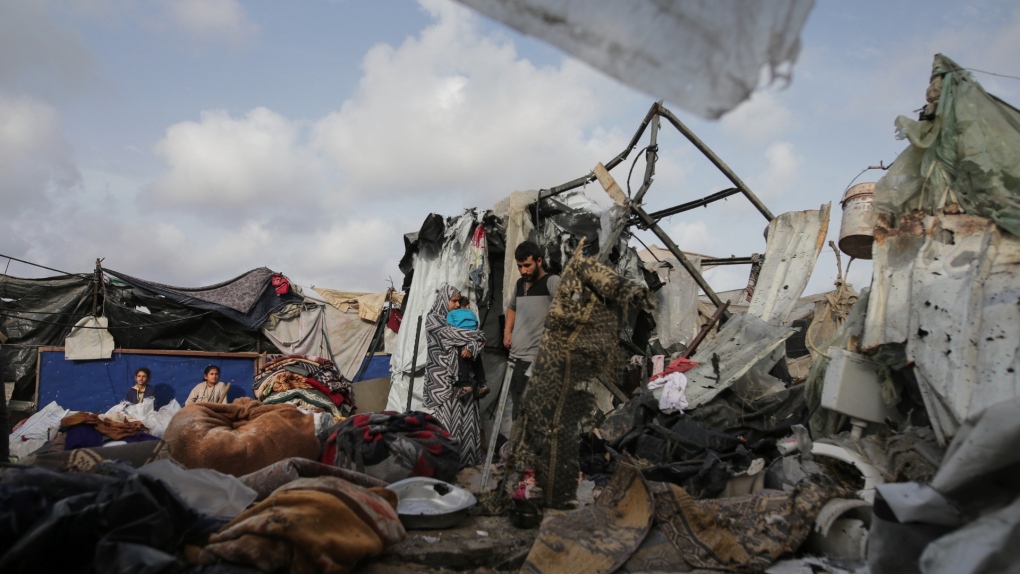WASHINGTON -Khalid Sheikh Mohammed, the alleged mastermind behind the tragic September 11, 2001 attacks orchestrated by the terrorist group al Qaeda, has reportedly agreed to plead guilty. This significant development was announced by the Defense Department on Wednesday, offering a potential resolution to the enduring aftermath of an attack that claimed the lives of thousands and had far-reaching implications for the United States and the Middle East.
The announcement also mentioned that Mohammed's two alleged accomplices, Walid Bin Attash and Mustafa al-Hawsawi, are anticipated to join him in entering their pleas at a military commission in Guantanamo Bay, Cuba.
This crucial step towards accountability may take place as soon as next week, as the wheels of justice continue to turn.The decision by Khalid Sheikh Mohammed to plead guilty marks a pivotal moment in the ongoing legal saga surrounding one of the most infamous acts of terrorism in modern history. The attacks on September 11, 2001, forever altered the course of global affairs, leading to increased security measures, military interventions, and a heightened sense of vulnerability for the United States and its allies.
While the news of Mohammed's plea may bring a sense of closure to some, it also raises important questions about the nature of justice in cases of terrorism. How does one adequately address the immense loss of life and profound trauma caused by such heinous acts? Can a guilty plea ever truly account for the magnitude of suffering experienced by the victims and their loved ones?
These are weighty moral and ethical dilemmas that society must grapple with as we navigate the complexities of prosecuting individuals responsible for mass atrocities. The pursuit of justice is not merely a legal formality but a moral imperative—one that seeks to uphold the dignity of the victims, honor their memories, and prevent similar acts of violence from occurring in the future.
As Khalid Sheikh Mohammed prepares to face the consequences of his alleged actions, it is essential to remember the broader context in which these events unfolded. The aftermath of September 11, 2001, was characterized by a wave of fear, anger, and confusion as the world sought to make sense of the senseless destruction wrought by a small group of extremists.
In the years that followed, the United States and its allies embarked on a global campaign against terrorism, leading to military interventions in Afghanistan and Iraq, as well as the implementation of enhanced security measures at home and abroad.
The reverberations of 9/11 were felt far and wide, shaping geopolitical alliances, foreign policies, and individual freedoms in profound ways.Despite the passage of time, the wounds inflicted by the September 11th attacks remain raw for many, particularly those who lost loved ones on that fateful day. The desire for accountability, closure, and justice burns brightly in the hearts of survivors, first responders, and citizens across the nation.
It is within this emotionally charged atmosphere that Khalid Sheikh Mohammed's decision to plead guilty must be understood. While some may view his confession as a step towards closure, others may question the sincerity of his motives or the adequacy of the legal process in addressing the complexities of terrorism.
Regardless of one's perspective, it is undeniable that Mohammed's guilty plea carries significant symbolic weightna recognition of the profound impact of his alleged actions and a solemn acknowledgment of the lives lost on September 11, 2001.
The courtroom proceedings in Guantanamo Bay will serve as a somber reminder of the enduring legacy of that tragic day, illuminating the enduring scars left on the American psyche.As the legal process unfolds, it is essential for all parties involved to uphold the principles of fairness, transparency, and accountability. The pursuit of justice must be conducted with integrity, ensuring that all relevant evidence is carefully considered, all voices are heard, and due process is faithfully followed.
Although the road to justice may be long and arduous, the commitment to holding perpetrators of terrorism accountable is a vital component of any society's moral fabric. By confronting the past with courage and determination, we honor the memories of the fallen, safeguard the rights of the living, and reaffirm our shared commitment to a world free from the scourge of terrorism.
As we reflect on the tragedy of September 11, 2001, let us also remember the resilience, unity, and compassion that emerged in its wake.
Through acts of courage, solidarity, and remembrance, we can transcend the darkness of that fateful day and build a brighter future for generations to come.May the souls of the departed rest in peace, and may their memory continue to inspire us to strive for a world where justice, peace, and reconciliation reign supreme.









 English (US)
English (US)